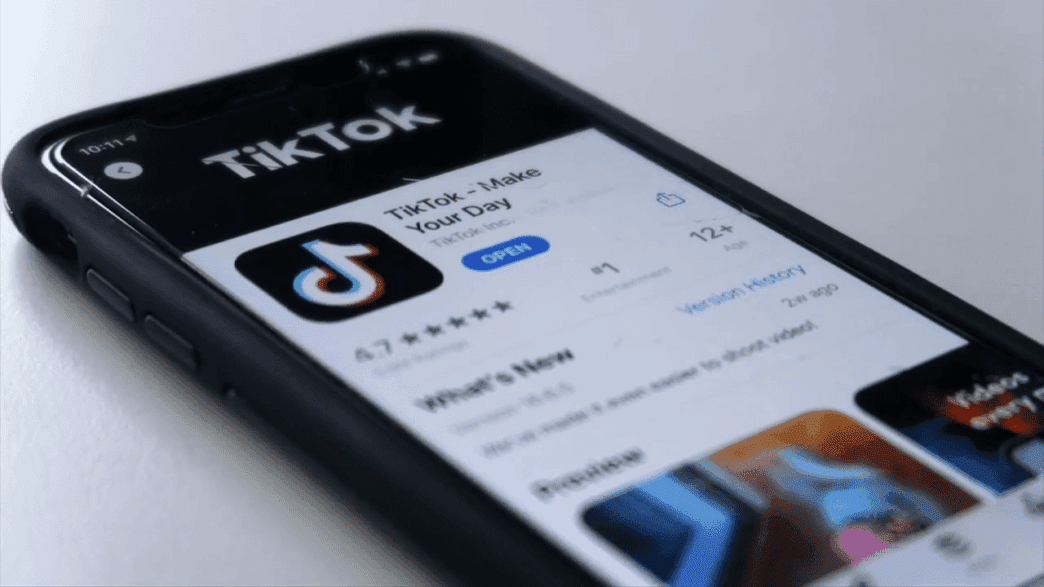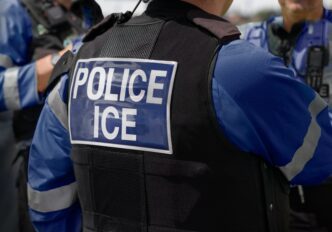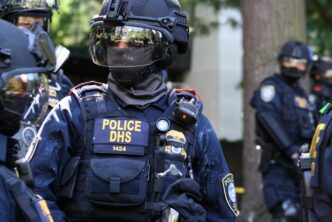The Supreme Court is faced with a critical decision regarding the controversial TikTok ban, as President-elect Donald Trump appeals for a delay to seek a resolution.
President-elect Donald Trump has requested the Supreme Court to postpone the implementation of a TikTok ban set to commence next month. Trump’s appeal comes at a time when the Biden administration is strongly defending the ban, citing significant national security risks associated with TikTok’s operations in the United States.
The case, marked as one of the pivotal issues before the Supreme Court, requires the justices to determine if the ban, passed by Congress in April, infringes upon the First Amendment. With oral arguments scheduled, the court’s decision is highly anticipated as it weighs national security against free speech rights.
Trump has not explicitly addressed the First Amendment concerns but seeks to delay the ban to pursue negotiations that might avoid a complete shutdown of TikTok. This, he argues, could safeguard the First Amendment rights of numerous Americans while addressing national security threats.
There is a bipartisan support for the ban in Congress, driven by fears over TikTok’s Chinese parent company’s potential to gather user data and influence content. However, the law allows TikTok’s continued operation in the U.S. if it divests from its Chinese ownership, granting the President decision-making power over the adequacy of this separation.
In his brief to the Supreme Court, Trump asserts his unique position to address the TikTok issue, highlighting his significant social media influence and his electoral mandate. He contends that the federal action to potentially close down a social media platform used by millions might set a dangerous precedent regarding free speech.
The Biden administration, along with former government officials, has expressed support for the ban due to security concerns regarding China’s influence over TikTok. They emphasize the platform’s capacity to manipulate data for geopolitical gains, which could undermine U.S. interests.
Trump acknowledges previous concerns raised by his administration and argues the timing of the ban affects his ability to handle the country’s foreign policy effectively. His legal team suggests that delaying the ban might eliminate the need for the court to address challenging First Amendment issues.
Meanwhile, TikTok argues that the attempt to ban it represents a heavy-handed approach that fails to consider less restrictive measures. The company, alongside First Amendment advocates, urges the court to prioritize free speech and hold off on such drastic actions in favor of other regulatory options.
A federal appeals court in Washington recently upheld the ban, citing national security interests. The Supreme Court’s decision to expedite this case highlights its significance and the complexities involved in balancing security with freedom of speech.
As the Supreme Court examines the TikTok ban’s legal and constitutional implications, the outcome will be closely watched for its impact on free speech and national security.
Source: Wsvn







